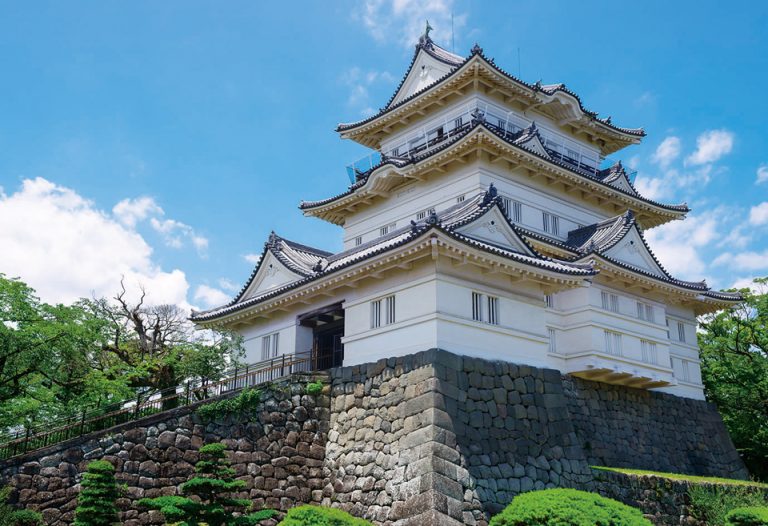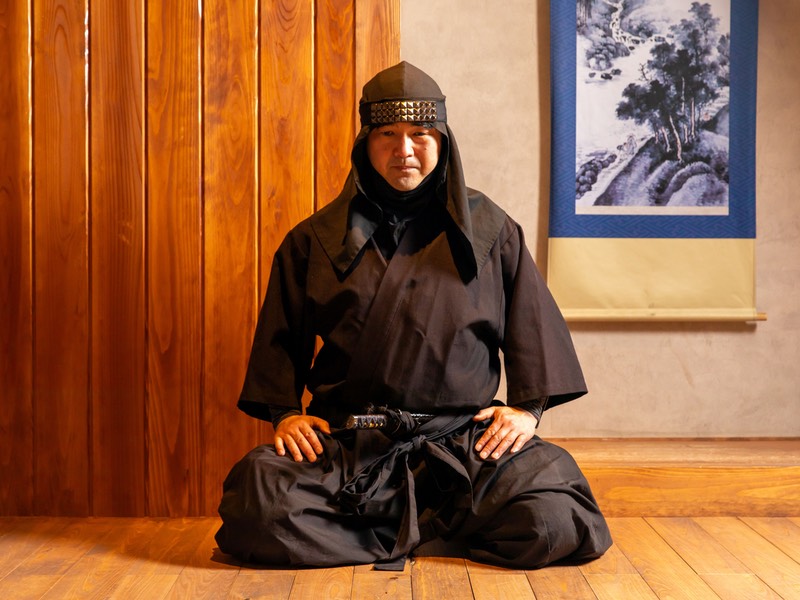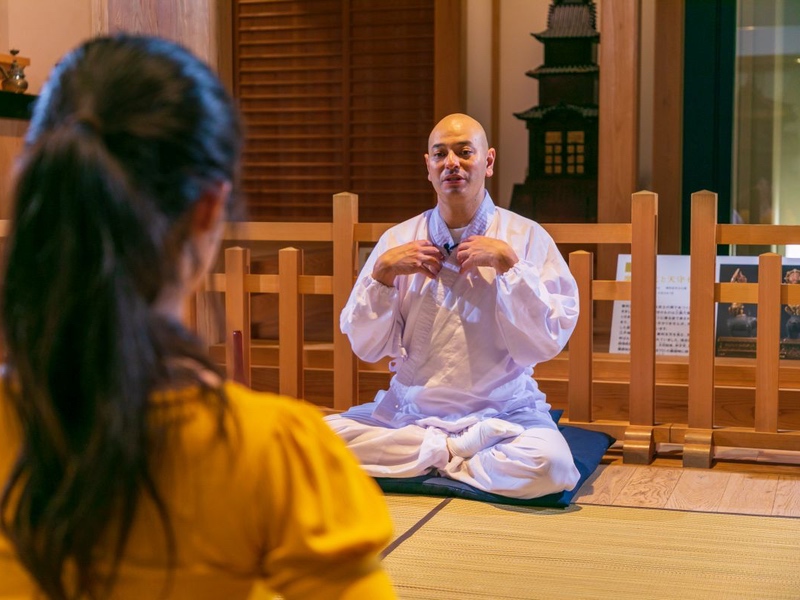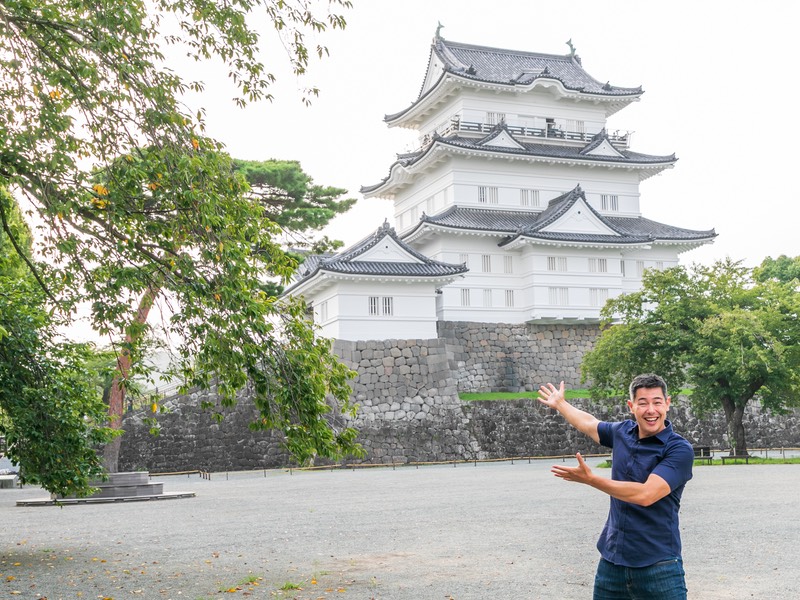Odawara Castle
Home of the Hojo Clan
Odawara Castle was once the center of power for the large part of of central Japan, which also includes present day Tokyo. The Hojo Clan ruled from here during the Warring States period of Japanese history called the Sengoku jidai. Odawara Castle is the closest castle to Tokyo and the site of many historic battles between famous historical Japanese figures.
Welcome to Odawara Castle
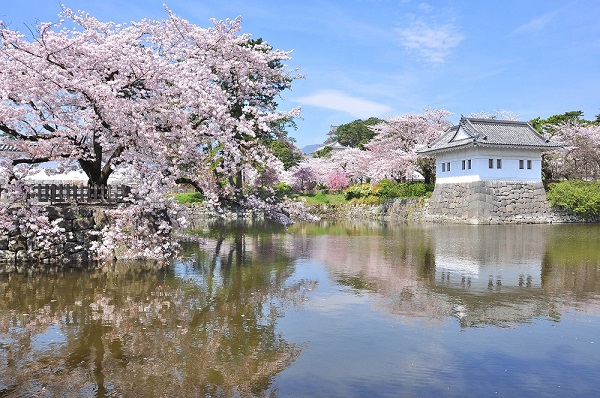
Odawara Castle Moat
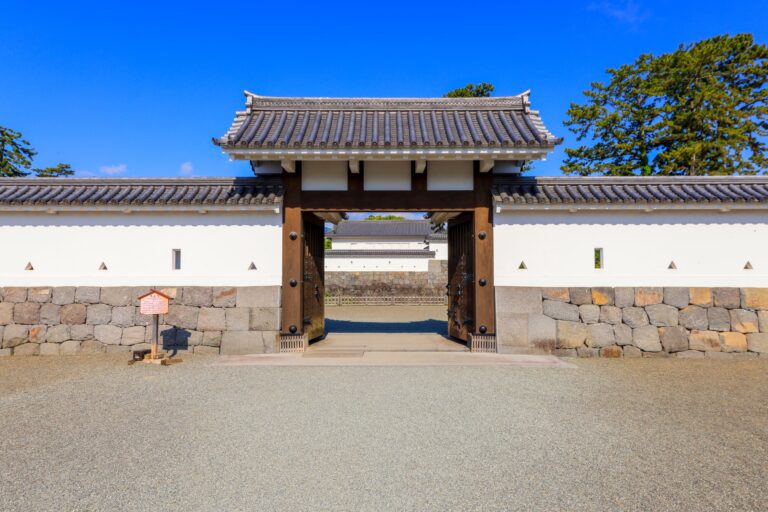
Umadashi Gate
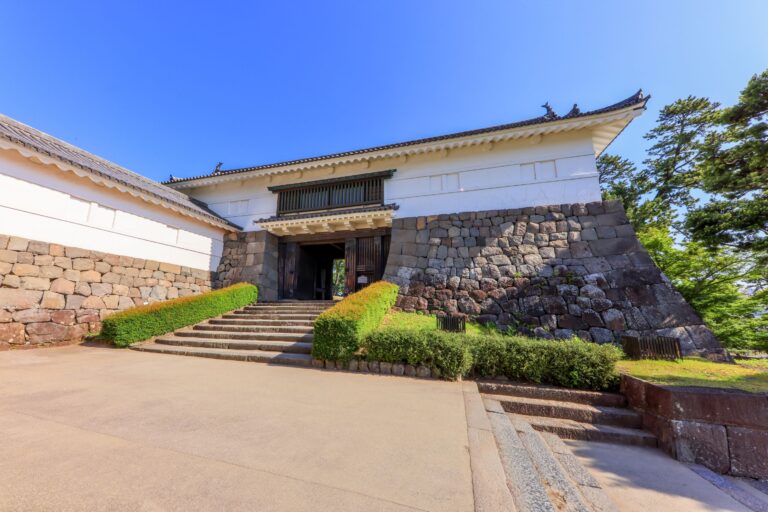
Tokiwagi Gate
